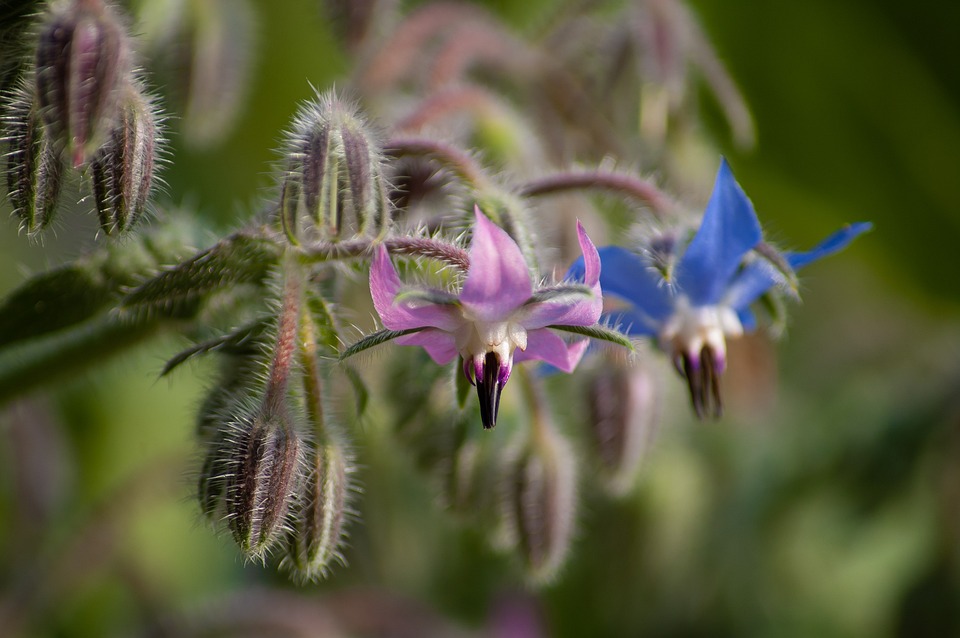Introduction
Growing your own fruit can be a rewarding and fulfilling experience. However, it can also be challenging if you don’t have the right knowledge and techniques. In this article, we will reveal expert tips and tricks to help you unlock the secrets of successful fruit growing. Whether you have a large garden or just a few pots, these tips will help you maximize your fruit yield and enjoy the fruits of your labor.
Choosing the Right Fruit Trees
The first step in successful fruit growing is selecting the right fruit trees for your specific climate and soil conditions. Not all fruit trees thrive in all regions, so it’s important to do your research and choose varieties that are well-suited to your area. Consider factors such as chilling requirements, disease resistance, and pollination requirements when selecting your fruit trees.
Providing Optimal Growing Conditions
Once you have chosen the right fruit trees, it’s important to provide them with optimal growing conditions. Fruit trees generally require full sun, well-drained soil, and proper irrigation. Make sure to prepare the soil before planting by incorporating organic matter and ensuring proper drainage. Regularly water your fruit trees, especially during dry periods, and consider using mulch to conserve moisture and suppress weeds.
Pruning and Training
Pruning is essential for fruit trees to promote healthy growth and maximize fruit production. Regular pruning helps maintain an open canopy, allowing sunlight to reach all parts of the tree. It also promotes air circulation, reducing the risk of diseases. Additionally, training your fruit trees into specific forms, such as espaliers or cordons, can save space and make harvesting easier.
Fertilizing and Pest Control
Fruit trees require regular fertilization to maintain healthy growth and fruit production. Use a balanced fertilizer specifically formulated for fruit trees and follow the recommended application rates. It’s important not to over-fertilize, as this can lead to excessive vegetative growth at the expense of fruit production. Additionally, be vigilant in monitoring for pests and diseases. Use organic or integrated pest management strategies to minimize the use of chemical pesticides and preserve beneficial insects.
Harvesting and Storage
Knowing when to harvest your fruit is crucial for optimal flavor and texture. Different fruits have different maturity indicators, such as color or firmness, so familiarize yourself with these indicators for the specific fruit you are growing. Harvest your fruit gently to avoid bruising and handle them carefully to prevent damage. If a large harvest is not possible to consume immediately, explore methods of storage such as canning, freezing, or drying.
FAQs
Q: How long does it take for fruit trees to bear fruit?
A: The time it takes for fruit trees to bear fruit depends on various factors including the type of fruit tree, rootstock, and growing conditions. In general, most fruit trees will begin to bear fruit within 2-5 years after planting.
Q: How often should I water my fruit trees?
A: The frequency of watering fruit trees depends on factors such as soil type, weather conditions, and tree size. As a general guideline, deep watering once or twice a week should be sufficient for established fruit trees. However, during hot and dry periods, more frequent watering may be necessary.
Q: Do fruit trees require pollination from other trees?
A: Many fruit trees require cross-pollination from another compatible tree of the same species to set fruit. However, some self-pollinating fruit trees, such as certain apple and cherry varieties, can set fruit on their own. It’s important to choose the right pollination partners if cross-pollination is required.
Q: How can I protect my fruit trees from pests and diseases?
A: To protect your fruit trees from pests and diseases, regularly inspect them for any signs of infestation or damage. Remove and destroy any affected fruits or leaves, and consider using organic pest control methods such as insecticidal soaps or neem oil. Proper sanitation, including cleaning up fallen leaves and fruit, can also help reduce the risk of diseases.
Q: Can I grow fruit trees in containers?
A: Yes, many fruit trees can be grown successfully in containers, making them suitable for small spaces or urban gardens. However, it’s important to choose dwarf or semi-dwarf varieties and provide adequate container size, well-draining soil, and regular fertilization and watering.




